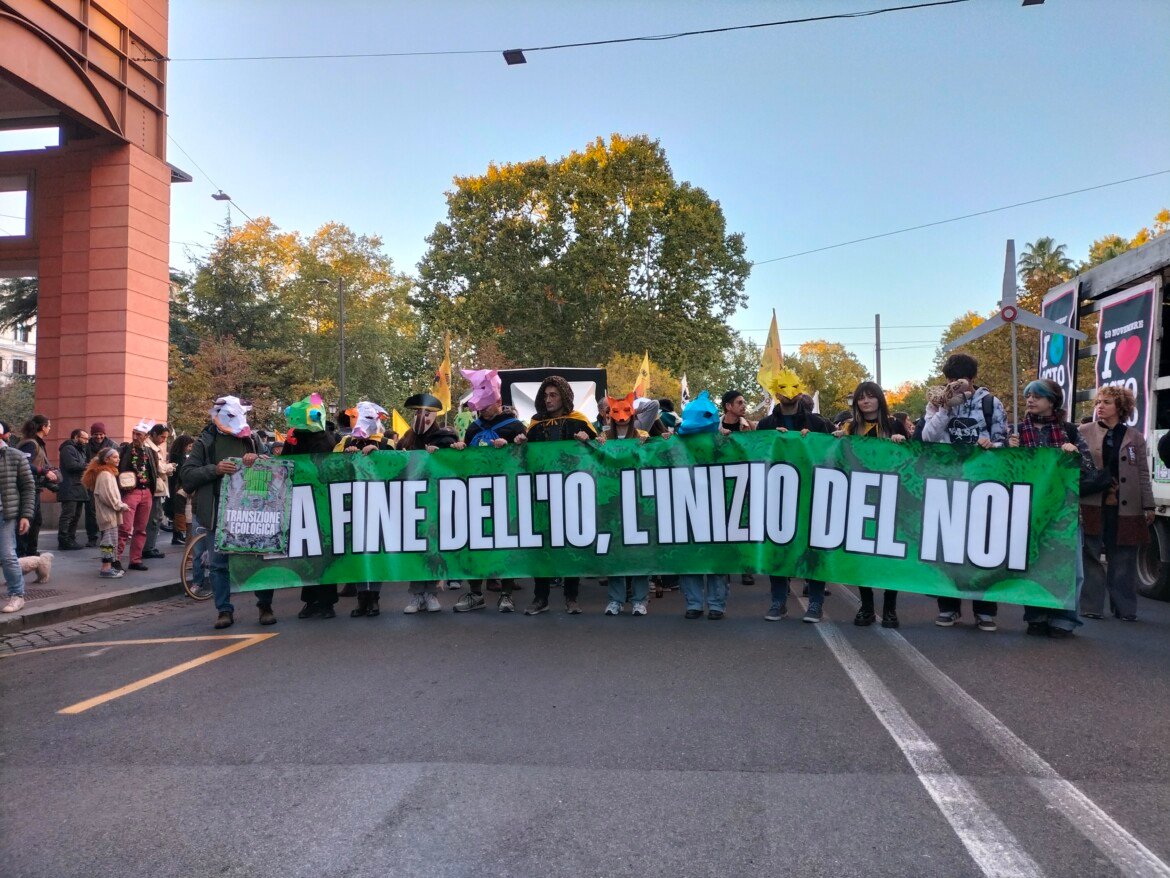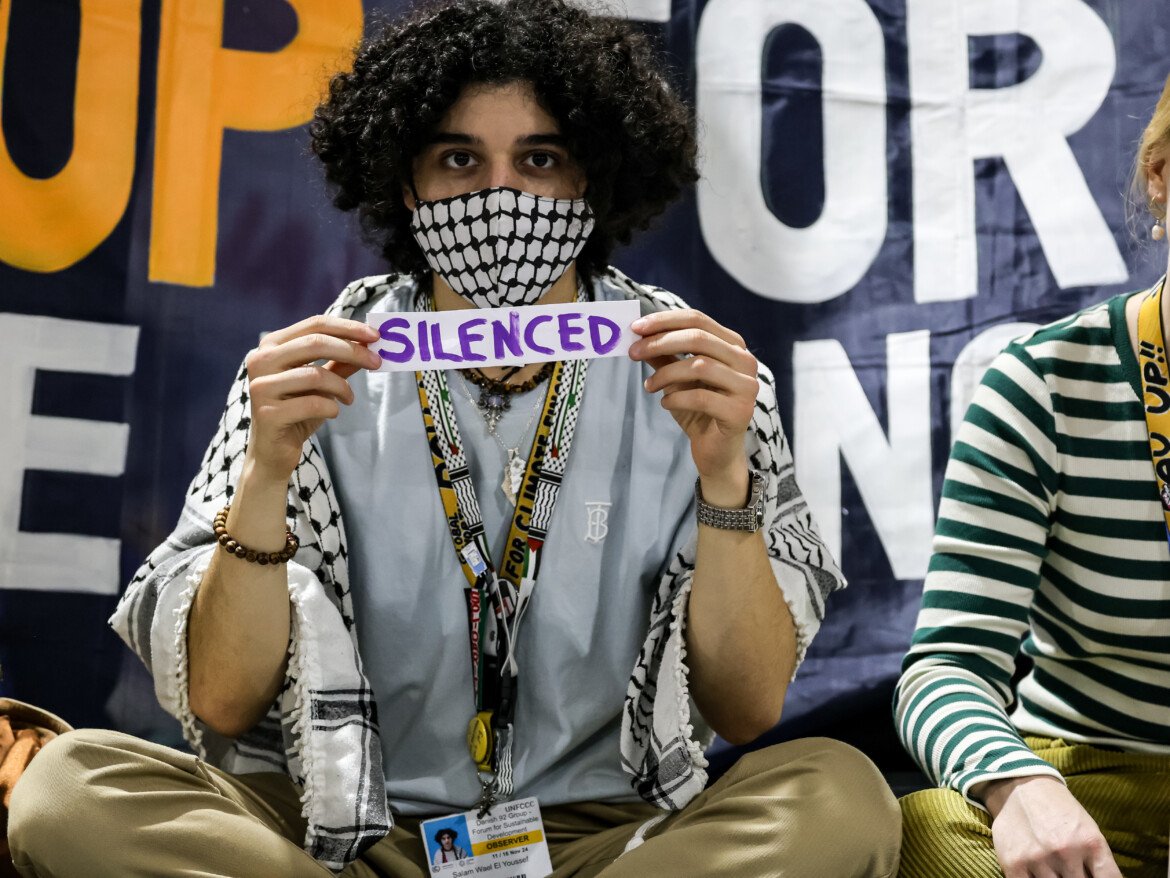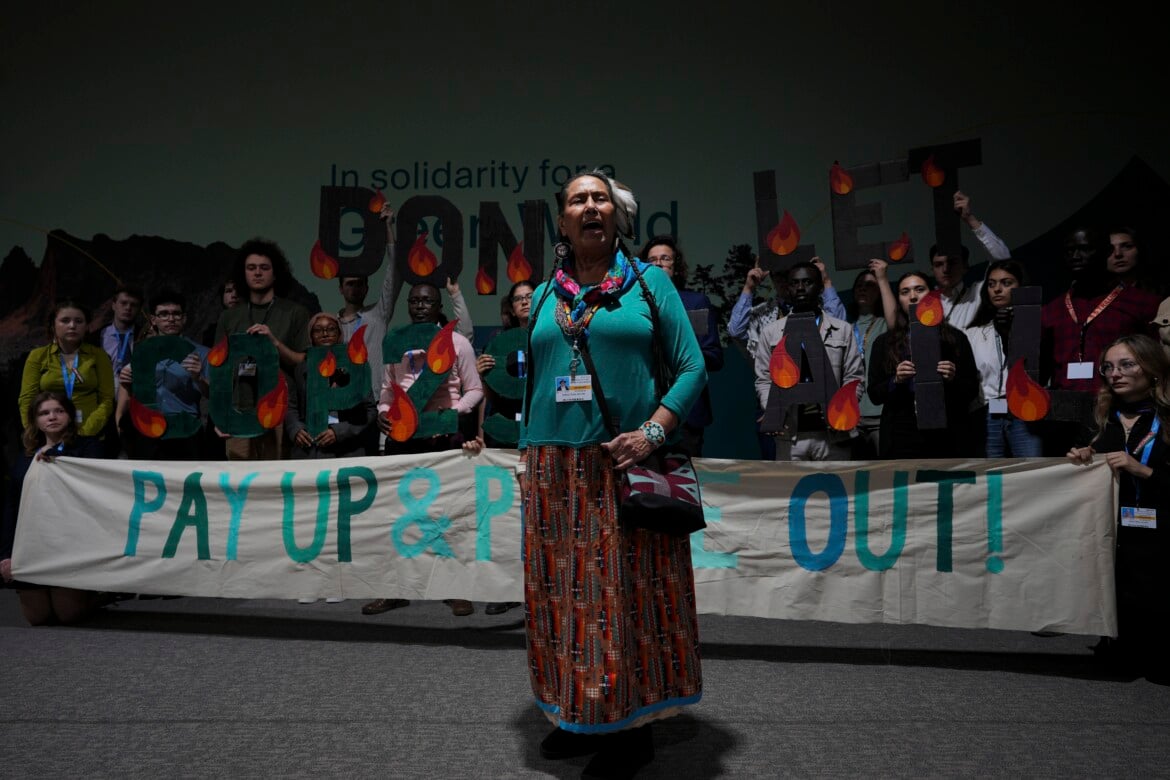COP21 was not an absolute victory
Global warming The Paris Agreement is important because it signals a shift in the global mindset. But the text itself is vague, lacking and largely voluntary.

Global warming The Paris Agreement is important because it signals a shift in the global mindset. But the text itself is vague, lacking and largely voluntary.
There was suspense until the last minute. Then, at 7:28 p.m. Saturday, Foreign Minister Laurent Fabius and the U.N.’s Christiana Figueres dropped the gavel. The Eiffel Tower unleashed a flash of light: The Paris Agreement of COP21 was approved.
But is it a “historic turning point,” or a “just, lasting, dynamic, balanced, legally binding” document, as Fabius, president of the conference, called it? Is it really “a message of life,” as President François Hollande said, after a reference to his nation torn by terrorist attacks?
Kumi Naidoo, of Greenpeace, said it’s “an agreement that puts the fossil fuels on the wrong side of history” but “does not answer the question of how we achieve the objectives.” The agreement carries “no guarantee of support for those most affected by the impact of climate change,” said Tasneem Essop of WWF. Or further, is it in fact a failed effort that will usher in 3 degrees of global temperature rise, as the protesters in Paris yesterday claimed? Is it “dust in the eyes,” as Friends of the Earth calls it? Or is it, as the French environmentalist Nicolas Hulot put it, “the death knell of fossil fuels”?
After two grueling weeks, with several sleepless nights, Fabius presented a 31-page text with 29 items to the delegates Saturday morning. Pleading for its passage, his voice was at one point near sobs. The final vote scheduled for the afternoon was delayed until evening as states sought clarification on certain points. The United States was stuck on some legal language that might have required it to bring the accord before the Republican-led Senate. (Ultimately, it will not.)
The gavel drop was in fact a handshake. The 195 countries of COP21, plus the E.U., will not actually adopt the agreement until 2016, and it will only become operational when at least 55 nations representing at least 55 percent of greenhouse gas emissions sign on. The agreement would enter into force in 2020, when the moribund Kyoto Protocol expires. “France implores you to accept the first universal agreement on the climate,” Hollande said.
The main feature of the agreement is to be “universal,” that is, a multilateral agreement, and important as a counter-narrative in this period of conflict and divisions. France has in fact linked the struggle against climate change with the struggle for peace. The main feature of the agreement is “to have awakened the conscience,” said an activist ecologist who joined protesters this weekend.
But the tensions that accompanied the consent reveal something that isn’t written in the text: Not everyone emerges victorious. Among the shortcomings are the lack of reference to human rights, gender equality, the rights of indigenous people and food security. There is attention to forests, but the oceans, which are the main absorbers of CO2, are absent. The text is a compromise among 195 parties and has all the qualities and all the defects of a diplomatic operation.
“The agreement will not be a success for everyone if no one reads it in the light of their own interests,” Hollande warned, referring to the failure in Copenhagen in 2009. “The project confirms our central objective, vital to contain the increase of average temperature well below 2 degrees and to strive to limit the increase to 1.5 degrees.”
But in reality, the text includes no precise figure on the percentage that greenhouse gases must decrease: only a commitment to re-balance in the second half of the century. It will be the responsibility of the states to interpret that through their commitments — Intended Nationally Determined Contributions — which 185 have already made public. The problem is that, when you add up the promises, the global temperature will not warm by 1.5 degrees or even 2 degrees, but by a devastating 3 degrees or more.
While the text says “legally binding,” there are no penalties for shirking commitments, and the U.N. does not have tools to enforce them. This essentially means that every country decides for itself on greenhouse gas reduction efforts. A transparency mechanism could increase accountability, but some emerging countries, led by China and India, are refusing to submit to the same audits as developing countries.
The final text calls for revisiting the commitments every five years. The first review is scheduled for 2025, with a “stocktaking” in 2023.
The text highlights the differentiation of responsibility, namely that the North must do more to help the South. But the agreement is vague. It requires “necessary cooperation on loss and damage” to poor countries most affected by climate change, without specifying any details or figures.
“It’s an agreement where the interests of the poor, especially the adaptation (to the impact of climate change) is not sufficiently taken into account,” observes Tim Gore of Oxfam. “We have the notion of loss and damage, but there is no compensation, there are no sufficient guarantees that funding for adaptation will continue after 2025, whereas we know that the costs of climate change will continue to grow.”
Nothing specific has been said about the transfer of renewable technology. The North has demurred on that point to the impatience of southern states, in particular the Like Minded Group of Developing Countries (China, India, Argentina, Cuba, Egypt). The binding portion of the agreement makes no reference to the $100 billion a year that the North has promised to the South. Instead, this figure is relegated to an annex, at the request of the U.S. (so as to avoid having to bring the accord before a Congress dominated by people who don’t believe climate change is real). And oil-producing states have removed any reference to a carbon tax, leaving such a fee to be decided at the national level.
“Every government seems now to recognize that the fossil fuel era must end and soon,” said Bill McKibben, co-founder of 350.org. “But the power of the fossil fuel industry is reflected in the text, which drags out the transition so far that endless climate damage will be done. Since pace is the crucial question now, activists must redouble our efforts to weaken that industry.”
But that won’t be easy. Oil prices are falling to the delight of consumers, who pay less for gasoline. And the agreement doesn’t help, lacking any precise figures on renewable energy.
“We know the shortest way to get to 1.5 degrees of warming is to convert to renewable energy,” explains Jean-François Julliard, head of Greenpeace France. “If Paris is supposed to lead us to that destination, then this agreement leads us away from the shortest route.”
–> Originally published in Italian at il manifesto on Dec. 13, 2015
I consigli di mema
Gli articoli dall'Archivio per approfondire questo argomento




